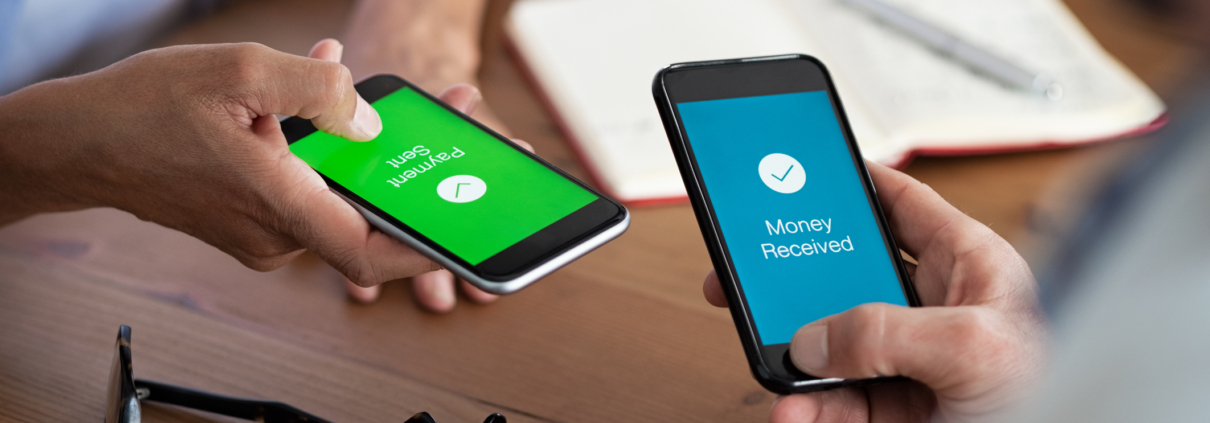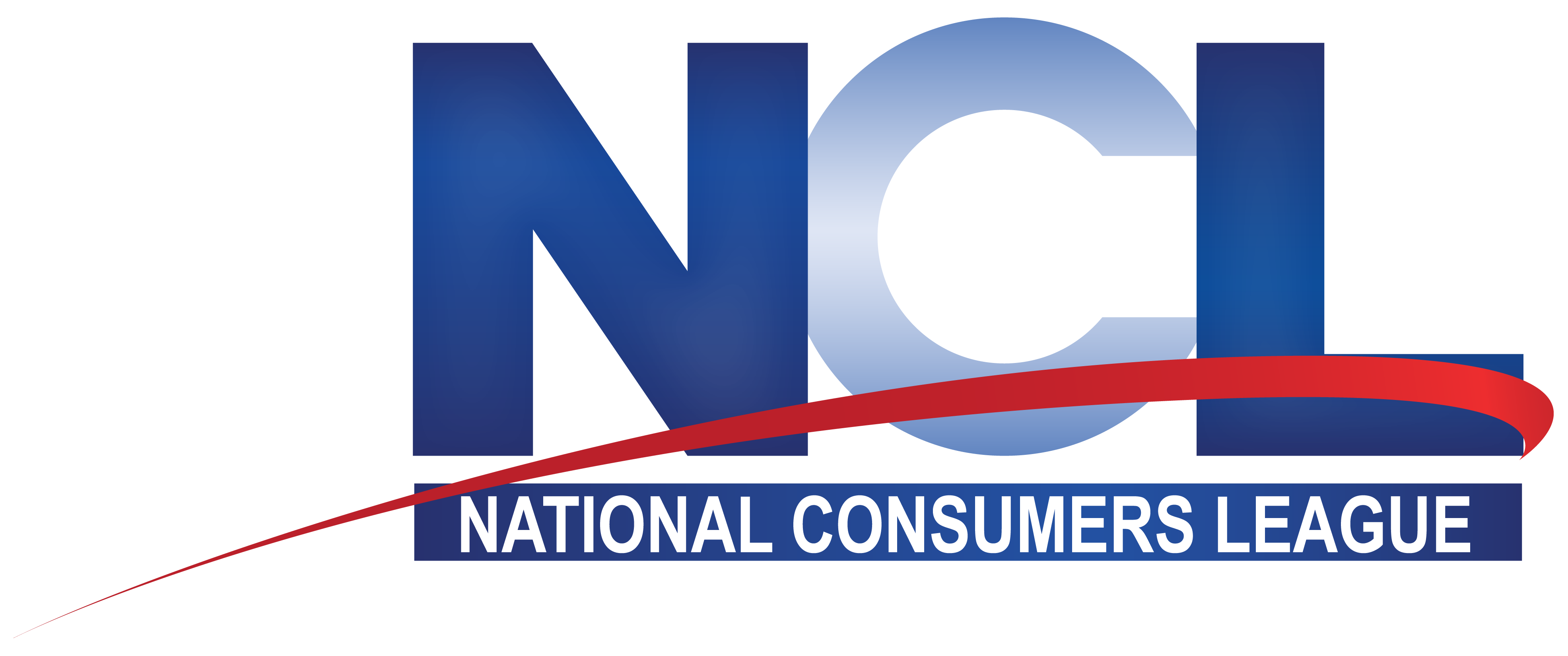Cash App scams on the rise
During the pandemic, more consumers than ever have turned to peer-to-peer payment apps to send money to friends and family, with usage expected to increase by 37 percent in 2021. With the rise of these services, there has also been an uptick in fraud, as scammers have embraced these nearly instant and often irreversible payments to defraud consumers.
One app in particular, Square Inc’s Cash App has become a particularly popular payment method among scammers. According to the Federal Trade Commission (FTC), complaints involving payment via Cash App increased by 472 percent year-over-year in 2020. So far this year, the FTC received more complaints against Cash App (2,431) than other peer-to-peer services like Zelle (191) or Venmo (845).
These worrying trends are also reflected in the complaints we have received at Fraud.org. Complaints involving Cash App more than tripled during the second half of 2020, a trend that has continued 2021 as well.
The median loss reported in the complaints involving Cash App is about $500, though many consumers have reported losses in the thousands and some even in the tens of thousands of dollars.
In one particularly egregious case, a consumer from Texas reported losing $15,000. A consumer in Pennsylvania reported losing $5,000 after his wife fell victim while trying to activate her Cash App debit card. The PA couple was unable to get their money back because their bank pointed to the wife as having authorized the transaction.
Victims of fraud involving Cash App have been vocal about the lack of customer support they receive from the company.
Cash App’s customer service number leads to a recording encouraging callers to contact customer service through the app, saying “live phone support is not generally available at this time.” The recording goes on to advise listeners on scams, saying, “Please be aware that Cash App employees are often impersonated by scammers circulating fake phone numbers online.” This leaves frustrated victims of fraud to leave a message in the app and hope someone gets back to them.
Scammers have rushed in to fill the hole in Cash App’s customer support framework. The Central Virginia Better Business Bureau has reported it receives complaints about Cash App daily, mostly from users who have fallen victim to bogus Cash App support services. Fraudsters have pushed fake Cash App customer service numbers to rise to the top of Google Search results in an effort called “search poisoning.”
Fraudsters have also taken advantage of #CashAppFriday, a promotion on Twitter the company runs that offers giveaways to users who engage with the hashtag.
The scammers start their own threads or infiltrate legitimate ones, asking those that respond to send them a small amount of money with promises of sending back more. Any posting promising to “flip” your money is a scam, as Cash App does not engage in that practice.
You can reduce your risk of falling victim to Cash App scams. Here’s how:
- Increase security measures. Enable the Security Lock setting that requires your passcode when making a Cash App payment. Turning on notifications that alert you by text message or email will also help keep track of payments. Adding two-factor authentication to your email associated with your Cash App account will also help secure your account.
- Only send money to people you know and trust. Beware of scammers who ask for a small payment in exchange for free money. This is a scam. Do not send money via Cash App (or any other P2P payment app) to anyone you do not know personally.
- Don’t share sensitive information. Real Cash App support representatives will not ask you to provide your sign-in code, PIN, or social security number. Also, be sure not to share personal information like your bank account or credit card information with anyone you do not know.
- Only keep as much money in your account as you need. Remember that Cash App is not a bank and does not have the same regulations or protections for customers. Only put as much in your Cash App account as you need at the moment and keep the rest of your money in a more secure environment.
- Ensure you are contacting Cash App customer service using the right channels. Cash App recommends speaking to a representative through the app or on the web at app/help. If you are unable to get through to someone using the app which many people have pointed out is common, call 1-800-969-1940. Beware of fake Cash App customer support phone numbers that may appear in online search results or advertisements.
If you or someone you know has been a victim of a Cash App scam or any other type of fraud, we urge you to file a complaint at Fraud.org via our online complaint form.








